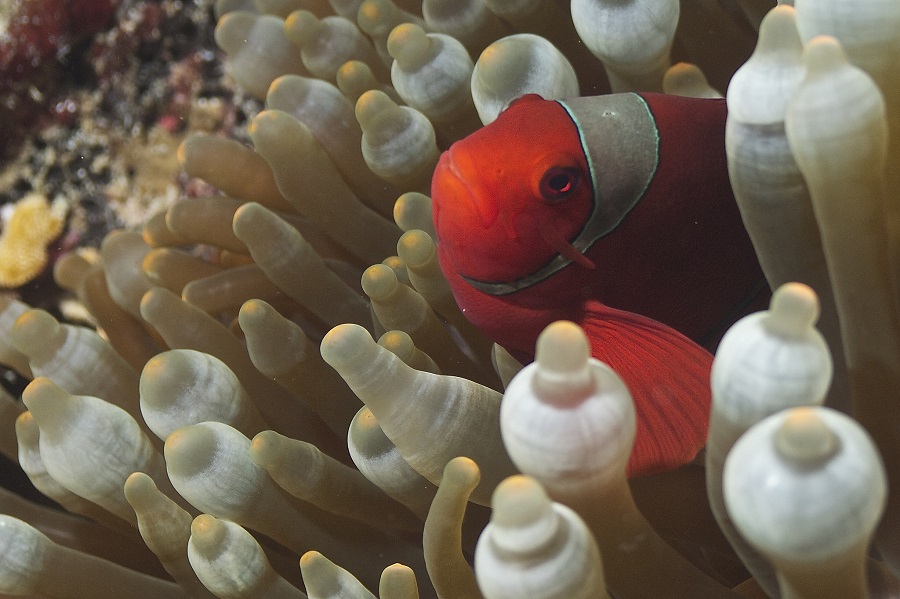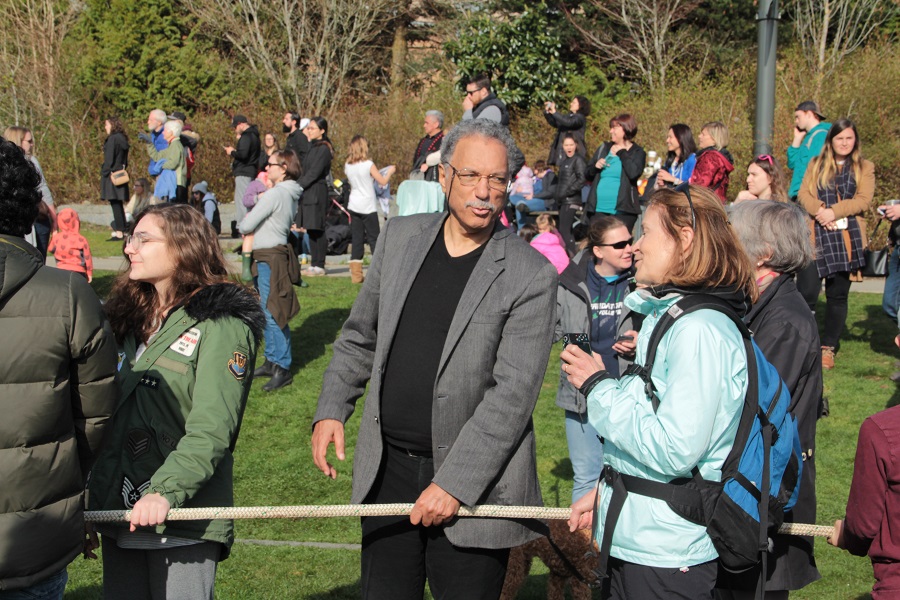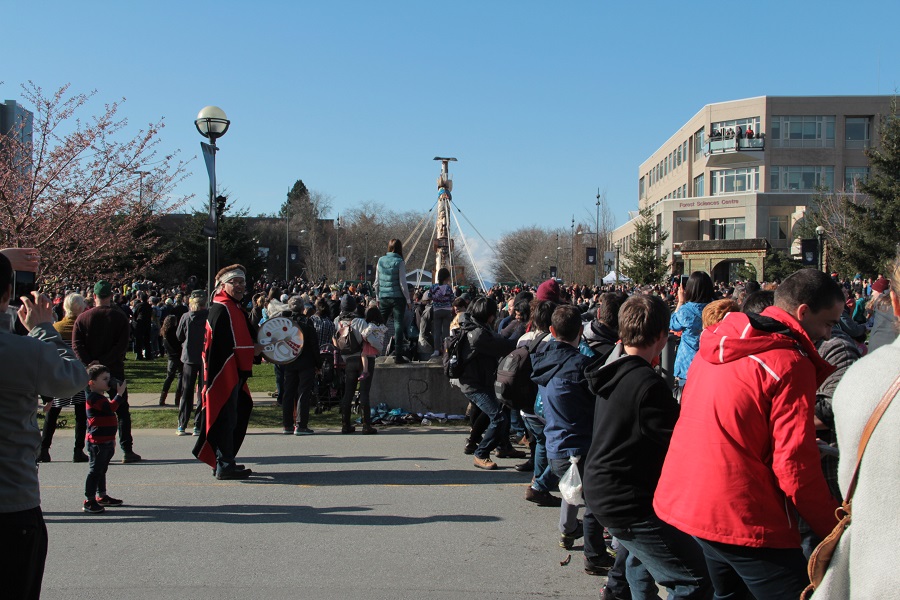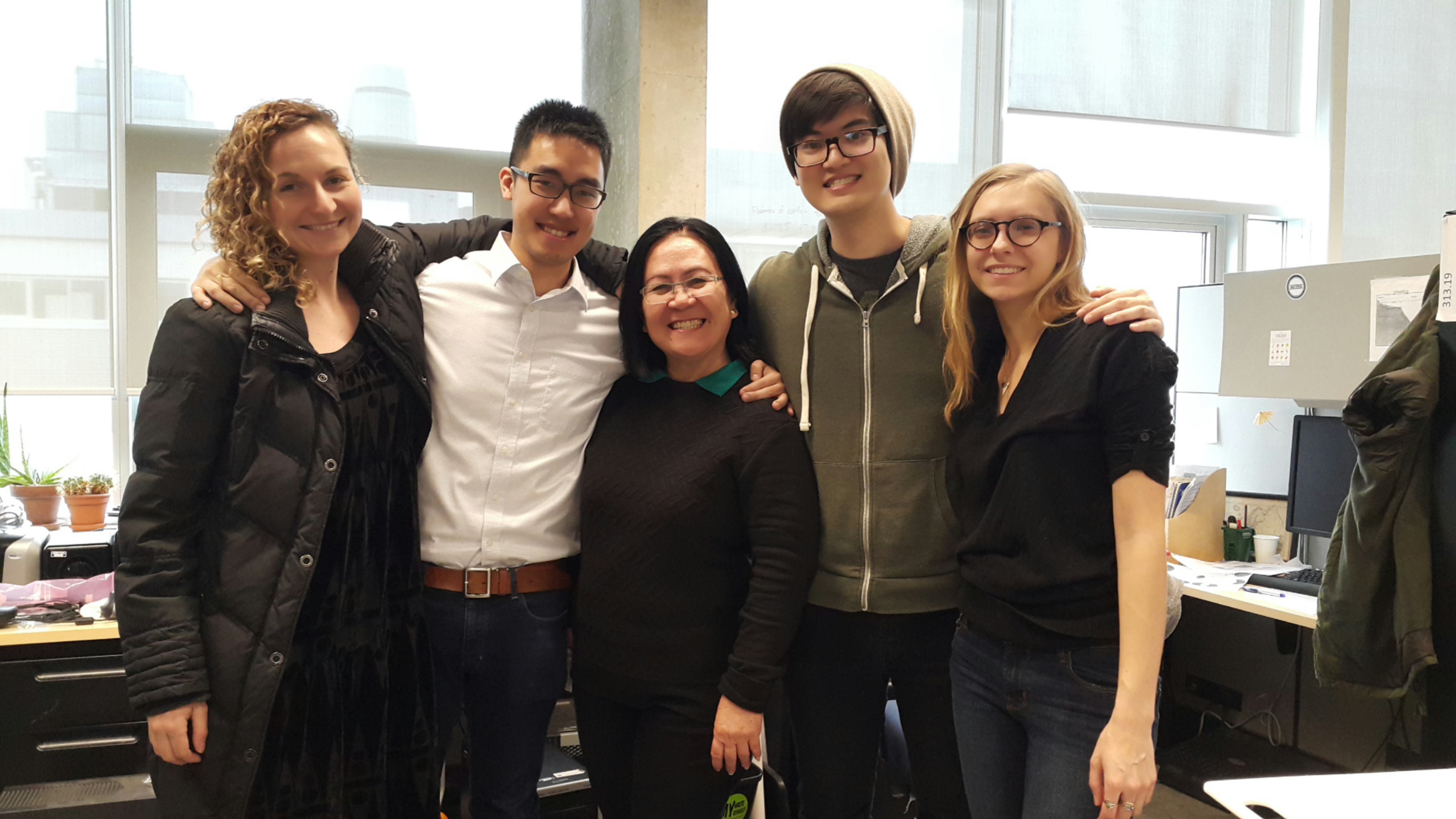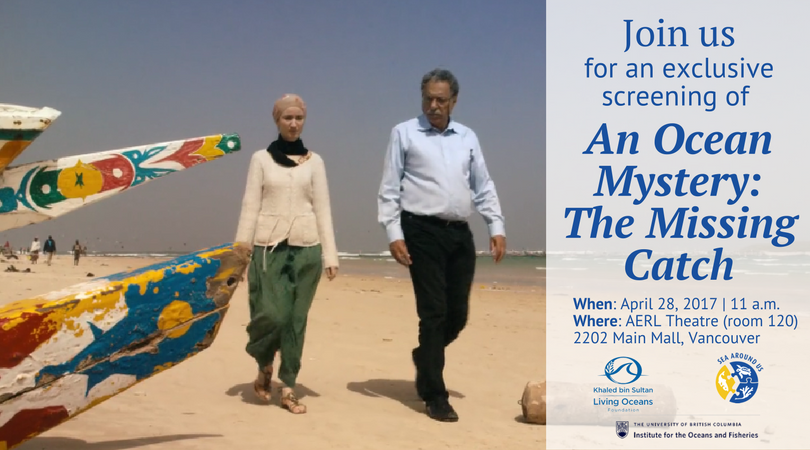Text by Daniel Pauly
Yes, the 6th Extinction is underway, and we are going to lose quite a bit of the Earth’s biodiversity, both terrestrial and marine, because of our agriculture, our fisheries, and because there are so many of us. But we should try to minimize the loss, using all the tools at our disposal.
One of these tools is slowing down, or even reversing, the rate at which we expand into and thus transform and ultimately destroy natural ecosystems and their biodiversity. On land, this consists of creating parks where the natural vegetative cover, notably forests, can maintain or reestablish itself, and provide habitats for animals that cannot live in landscapes shaped by agriculture.


